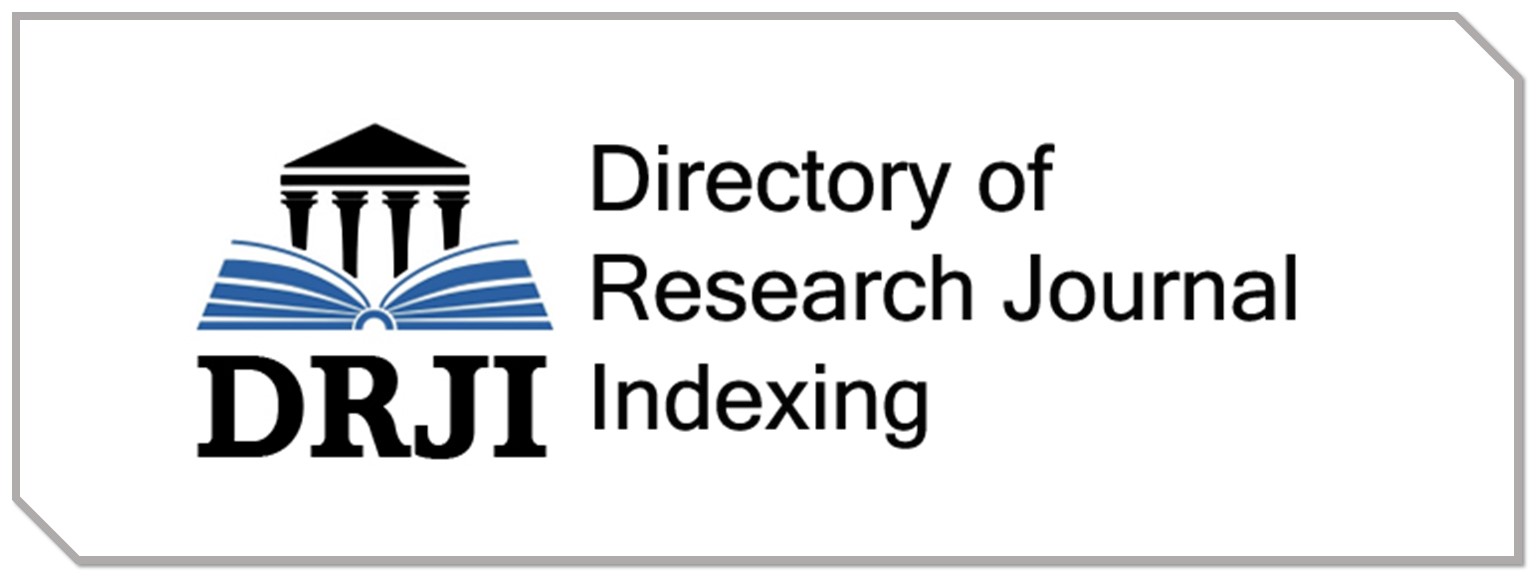English Complex Word Formation by Means of Derivational Affixation
Abstract
One of the key conceptual tasks of modern linguistics is the study and analysis of the process of emergence and formation of new words on a derivative basis in the language. Similar studies in the direction of affixation were carried out by the great linguists of their time themselves, F. Saussure, Reformatsky and Potebnya. Affixation is the addition of an affix to the root or stem of a word. The lexical structure of a newly formed word presupposes the presence of three main components: the root of the word or the stem of the word, the affix and the method of its attachment to the root of the word. Derived words are the result of the interaction of these three components. Due to their structural, semantic and grammatical properties, word-forming roots add possible affixes to themselves in accordance with existing models reflecting the potential of combinations of word roots and affixes. The authors come to the conclusion that affixes are one of the most productive ways of word formation in the English language. Affixes are represented by two main methods of word formation - prefixes and suffixes, and each model has its own characteristics and classification.










